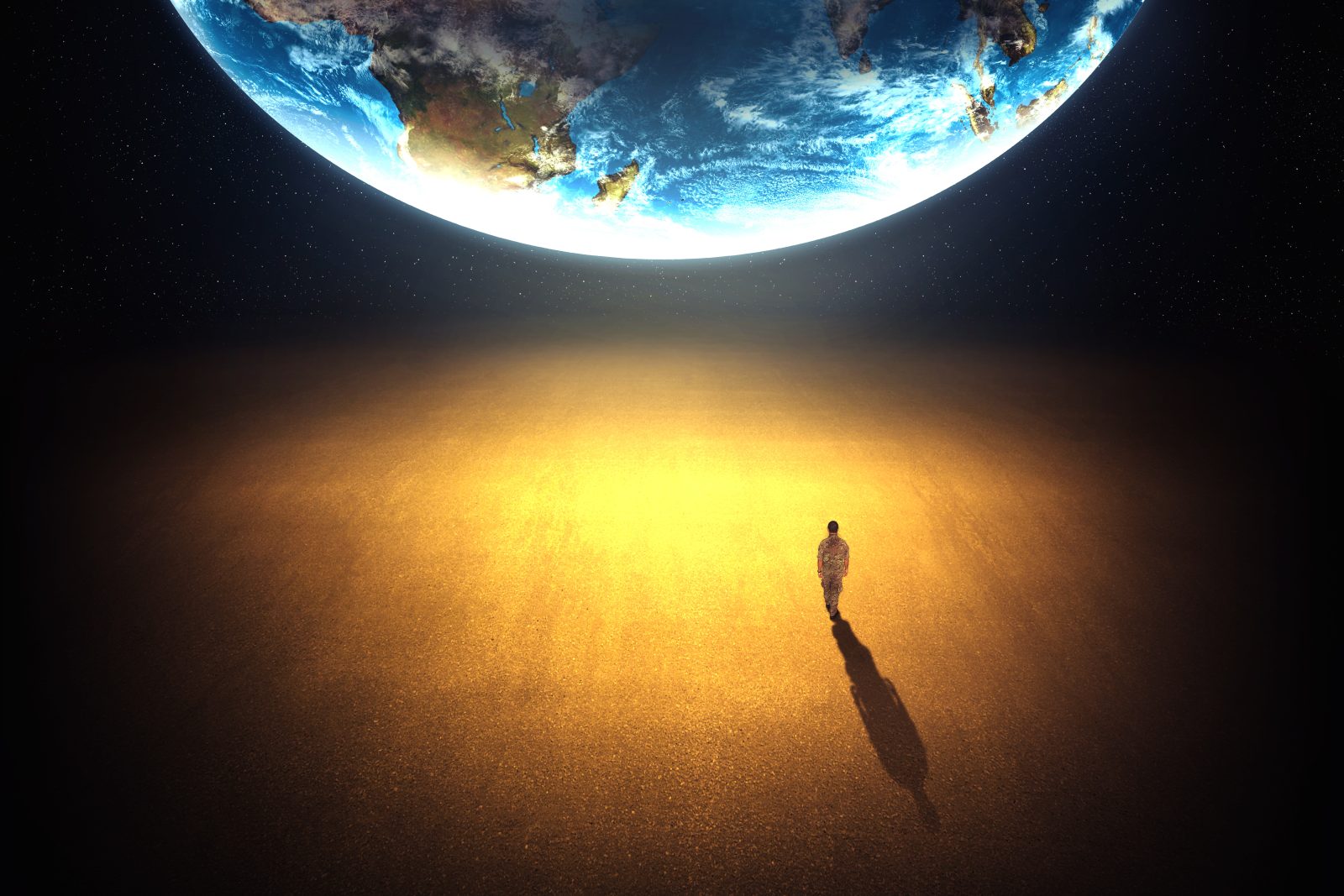Welcome to our book
Institutions and Environmental Sustainability.
Understanding Legitimation in Laudato Si’ ‘On Care for Our Common Home’ by Pope Francis
Springer Publishing
“We need to take drastic action to protect our planet and the future of humanity. We need to transition to a low-carbon economy, protect our biodiversity, and leave behind a sustainable planet for our children and grandchildren. Laudato Si’ is a powerful call to action, and we must all heed its message.”
Source: President Emmanuel Macron’s speech at the United Nations Climate Change Conference, Madrid, December 5, 2019. URL: https://www.theguardian.com/world/2018/dec/11/macron-president-of-the-rich-speech-elysee-palace-gilets-jaunes
“We must conserve our planet and protect our environment. We must leave behind a green and clean planet for future generations. That is our responsibility. Laudato Si’ is a valuable guide for us in this endeavor.”
Source: Prime Minister Narendra Modi’s speech at the United Nations Climate Change Conference, Paris, December 12, 2015. URL: https://www.hindustantimes.com/india/climate-change-is-not-of-our-making-modi-at-paris-summit/story-AYCPgLGSqWD2kS2o4cZ0RO.html
“Climate change is a serious threat to our planet and our people. We must take action to reduce our emissions and protect our planet for future generations. Laudato Si’ is a valuable contribution to the global conversation on climate change.”
Source: President Barack Obama’s address to the United Nations Climate Change Conference in Paris. URL: https://undocs.org/en/FCCC/CP/2015/10/Add.1
“We must take decisive action to address climate change. We must reduce our emissions and protect our environment. We must leave behind a sustainable planet for future generations. Laudato Si’ is a wake-up call for us all.”
Source: President Xi Jinping’s speech at the United Nations Climate Change Conference, Glasgow, November 10, 2021. URL: https://www.theguardian.com/environment/2021/nov/01/cop26-xi-jinping-china-president-sidesteps-videolink-written-statement
“Laudato Si’ is a powerful message of hope and action. It challenges us to live in harmony with creation and to work for a more just and sustainable world.”
Source: Archbishop Desmond Tutu’s message for the Laudato Si’ Week of Prayer and Action for Climate Justice URL: https://catholicclimatecovenant.org/learn/resources/
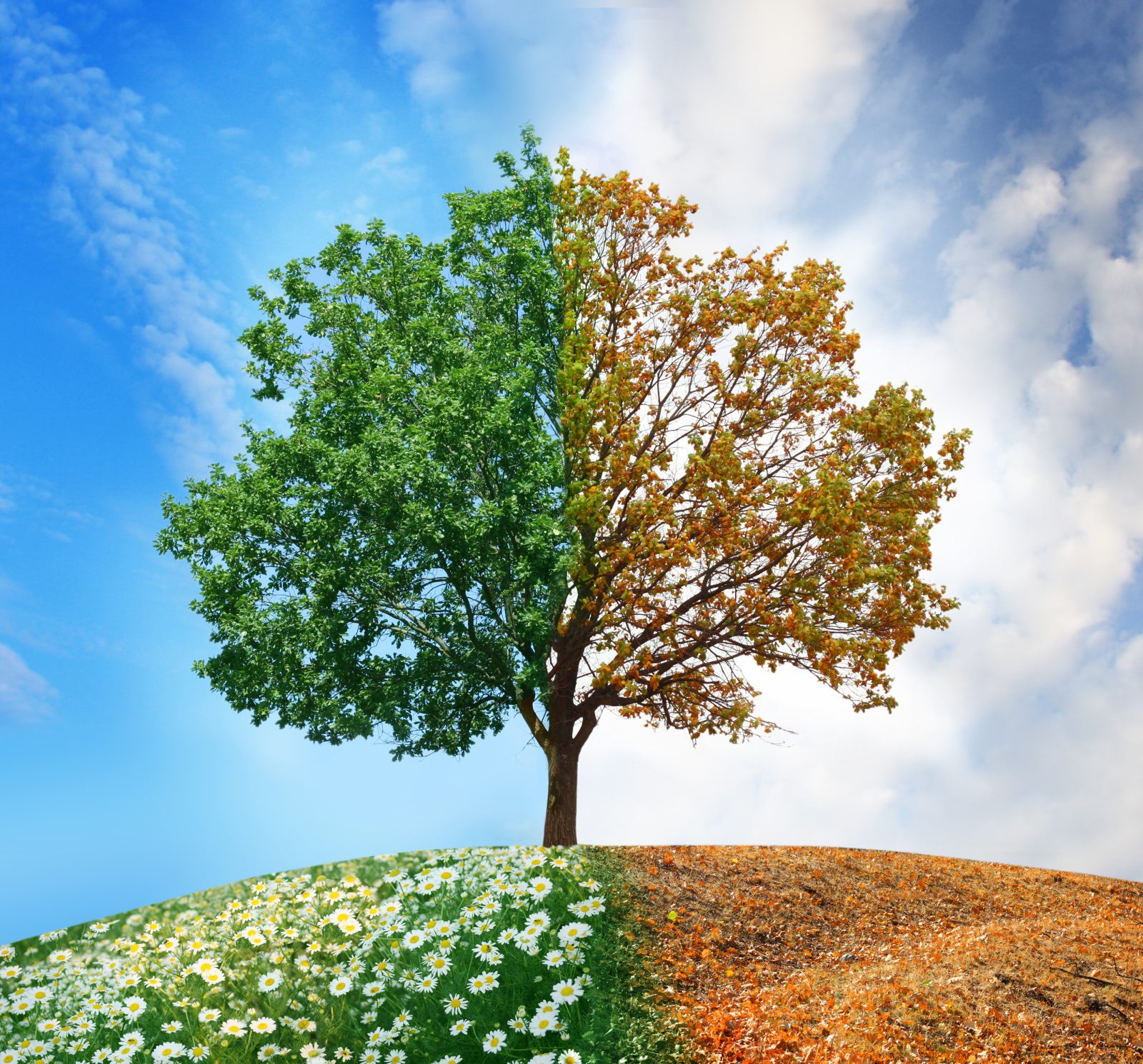
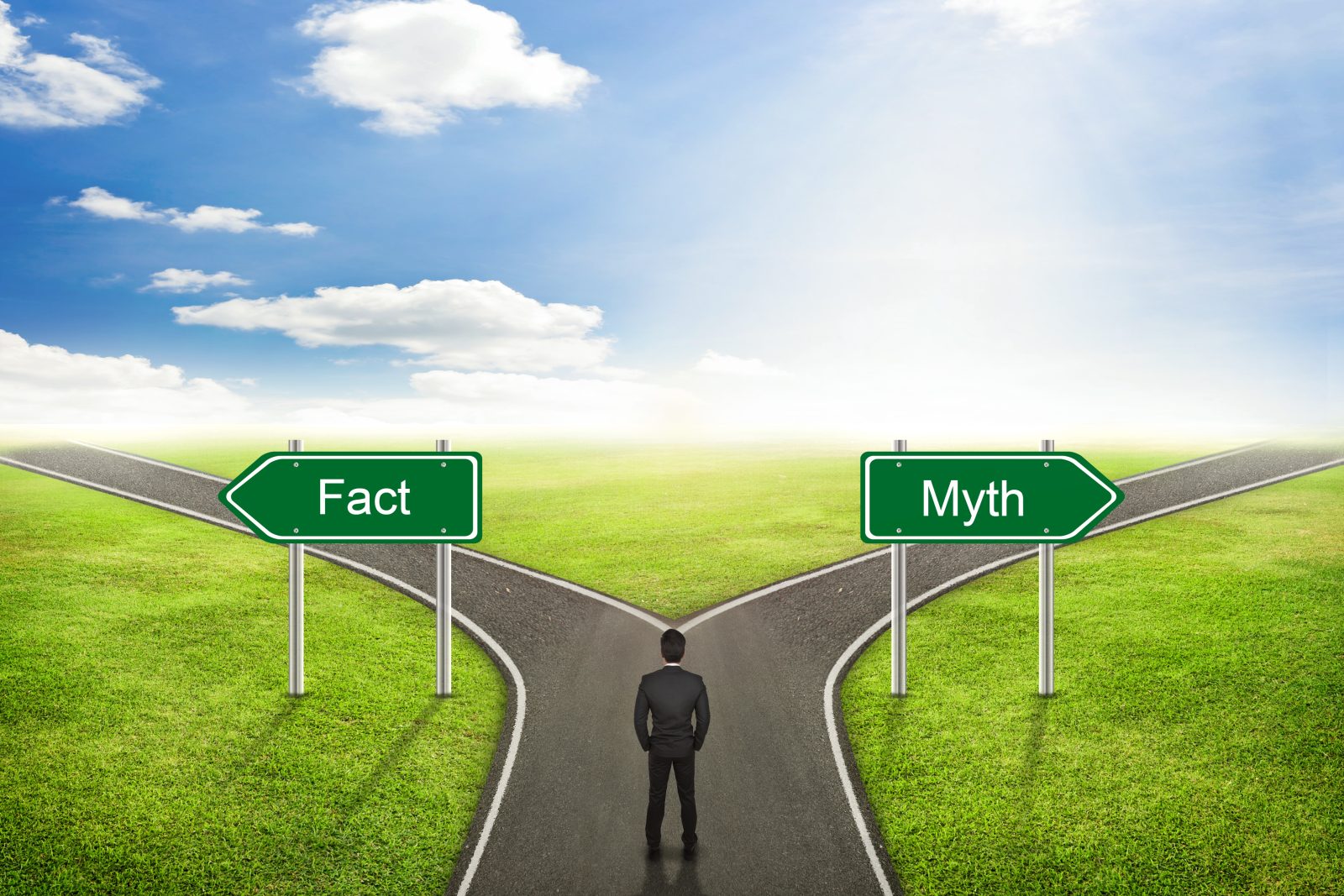
The aim of this monograph is to explore how institutions communicate their public reforms on the environmental sustainability forefront.
We consider Laudato Si’ as a recent publication that seeks to enter into the public dialogue and influence institutions for how to think differently about the environment.
We consider its religious identity as a source of many organizational theory motifs for understanding institutional legitimacy and how it happens.
“Change will come by working together and making it easier to embrace decisions that will sustain our world, rather than carry on as though there are no limits – or as though our actions have no consequences.”
King Charles III, Opening Speech at the COP28, 2023
Institutions
Institutional theory is the discipline dedicated for understanding how socio-economic events are subjected to institutions and their decision making power to impact societies.
These man-made entities are designed to generate public impact. Their design is governed by national or international public programmes of change.
The study of institutions remains pivotal because it is through such entities that socio-economic and political decisions are produced.
Public institutions make up a diverse matrix of government organizations whose goal is to engage with society on how it ‘should’ operate and what laws should govern decisions of ‘right’ and ‘wrong’.
The study of communication and the legitimation for what comes to be ‘accepted’ or ‘rejected’ constitutes a creative process of public engagement.
Without some agreed partnership tension between government institutions and the public generates friction. The social contract defines the rights and responsibilities between different stakeholders and their mutual accountability for ensuring that socio-economic opportunities are championed.
Advancing society’s wellbeing is increasingly dependent on effective policy deployment as well as ensuring that public support is willing to engage and support rules and regulations.
President von der Leyen:
“Laudato Si’ is a call to action for all of us, urging us to protect our planet and its inhabitants. The European Commission is committed to upholding the principles of Laudato Si’ in all our work, and we will continue to work with our partners around the world to build a more sustainable future.” (European Commission White Paper on a New Industrial Strategy for Europe, March 10, 2020)
President of the European Council Charles Michel
“Laudato Si’ is a landmark document that has inspired millions of people around the world to take action for our planet. The European Council is fully committed to implementing the Sustainable Development Goals, and we will continue to work with our partners to build a more sustainable and inclusive world.” (On the occasion of the fifth anniversary of Laudato Si’, June 18, 2021(
“The rule of law is essential for a functioning democracy and a sustainable economy. The European Council is committed to upholding the rule of law in all Member States, and we will continue to work with our partners to strengthen this fundamental principle.” (Address to the European Parliament on the Rule of Law, April 14, 2022)
Prime Minister Macron:
“The climate crisis is a global emergency that requires a global response. France is committed to doing our part to address this crisis, and we will continue to work with our partners to build a more sustainable future.” (Speech by Chancellor of Germany Olaf Scholz at the 2021 Petersberg Climate Dialogue, June 11, 20)
“We must act now to protect our planet for future generations. France is committed to investing in renewable energy and sustainable infrastructure, and we will continue to work with our partners to promote sustainable development in developing countries.” (Address to the French Parliament, October 13, 2022)
Chancellor Scholz:
“Laudato Si’ is a wake-up call for humanity. Germany is committed to the goals of the Paris Agreement, and we will continue to invest in renewable energy and other sustainable technologies. We will also work with our European partners to promote sustainable development in developing countries.” (Address to the German Bundestag, October 13, 2022)
The Green Deal
“The Green Deal is a new growth strategy that will transform the European economy into a more sustainable and resilient one. It is inspired by Pope Francis’s encyclical Laudato Si’, which calls for a more harmonious relationship between humanity and the natural world. The Green Deal aims to achieve a climate-neutral Europe by 2050, while ensuring that no one is left behind. It will create jobs, boost innovation, and improve our quality of life.” (European Commission Green Deal, December 11, 2019)
New Industrial Strategy for Europe
“The new Industrial Strategy for Europe is inspired by Pope Francis’s encyclical Laudato Si’, which calls for a more sustainable and equitable economy. The Strategy aims to transform Europe’s industry into a global leader in sustainable manufacturing, circular economy, and digital technologies. It will help create jobs, boost innovation, and reduce our environmental footprint.” (European Commission White Paper on a New Industrial Strategy for Europe, March 10, 2020)
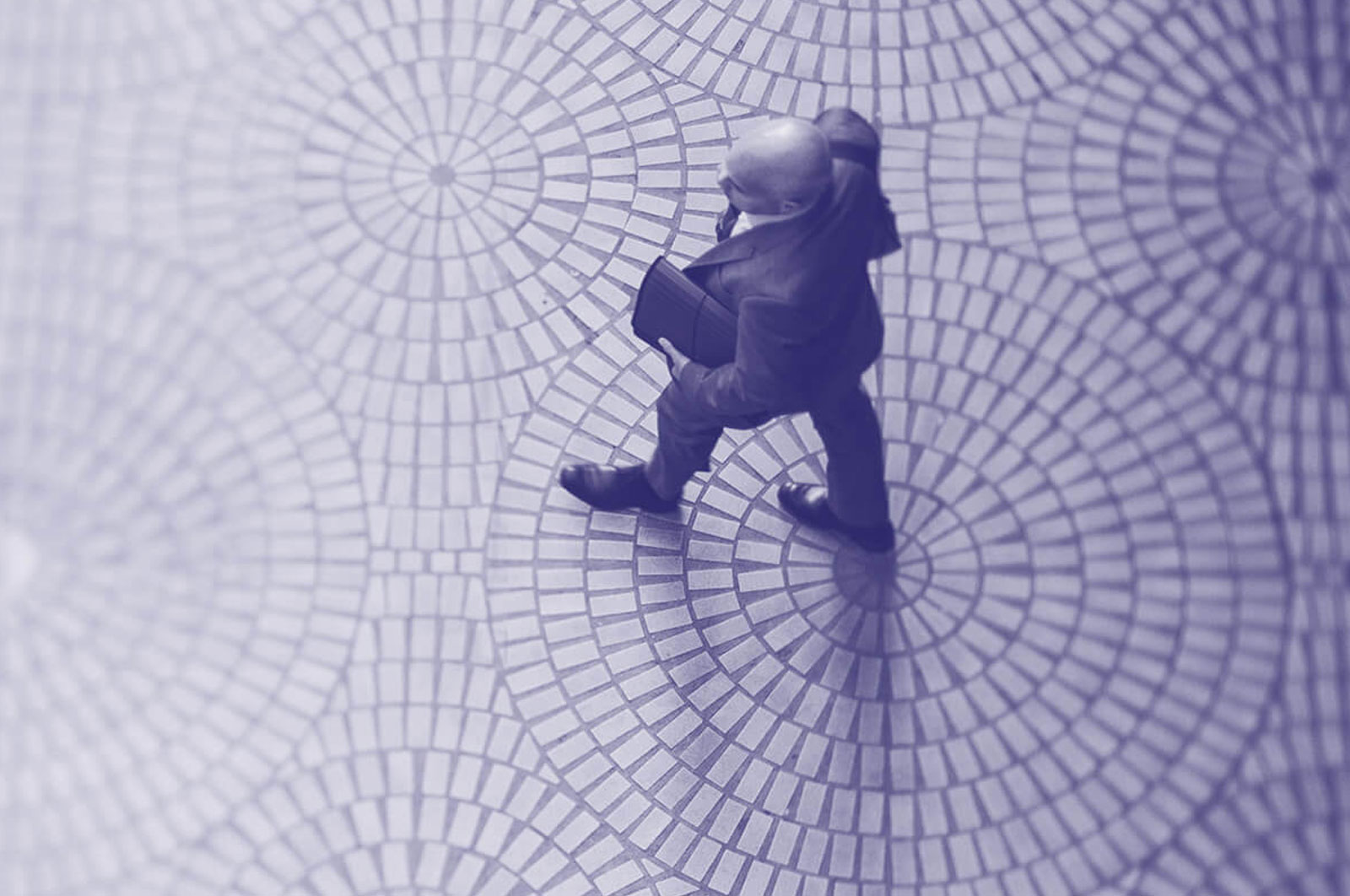

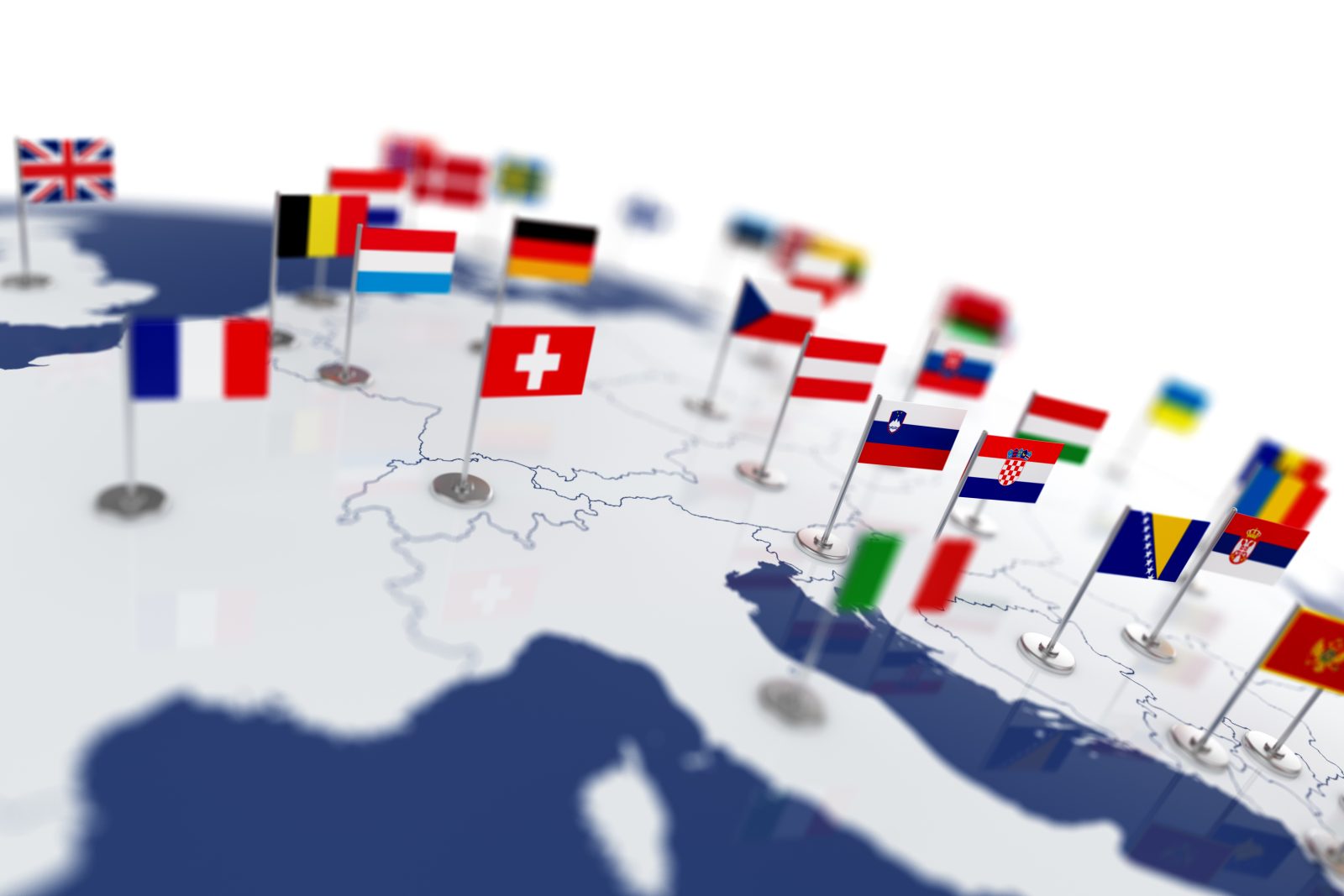
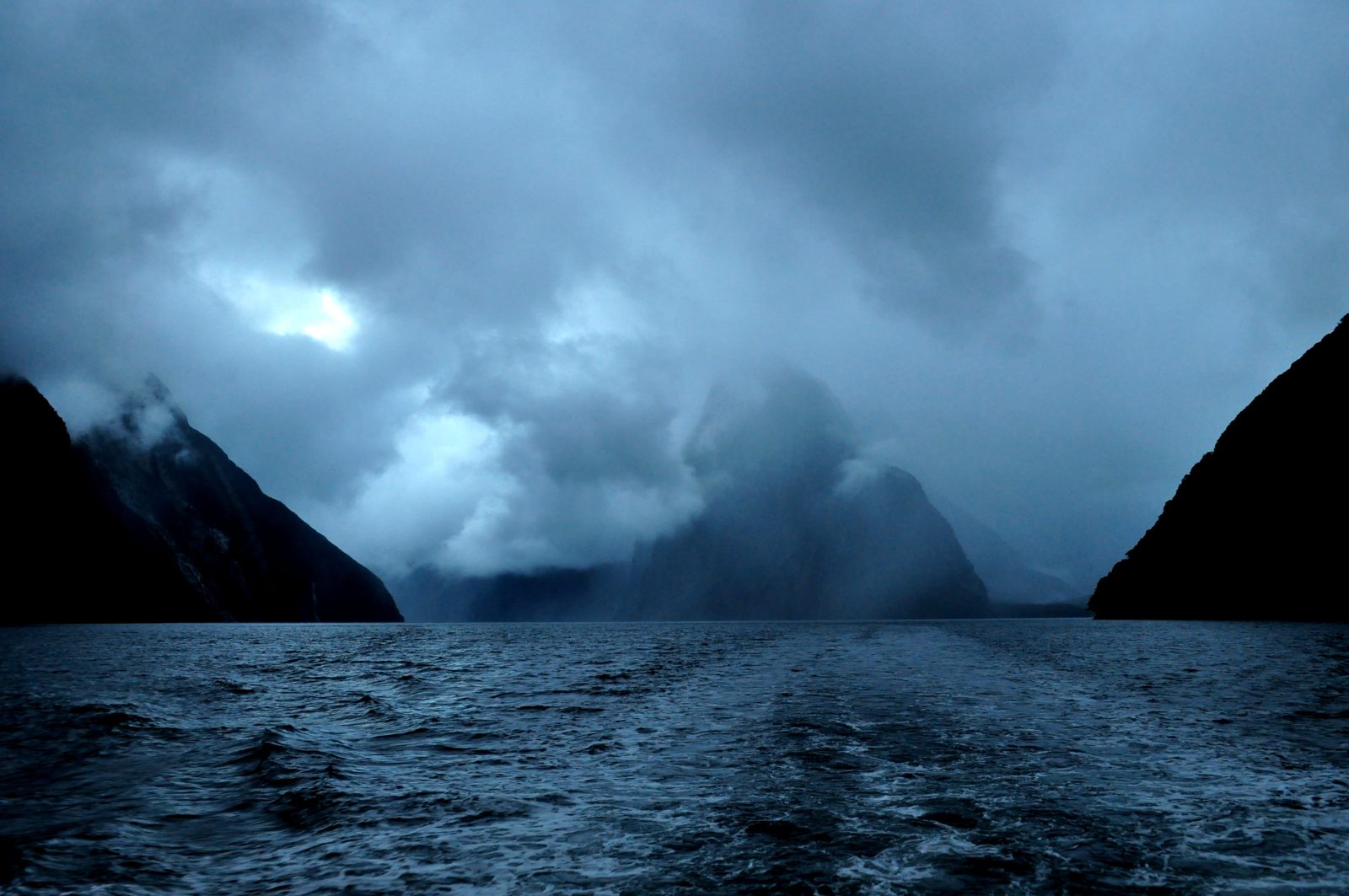


Series Title: CSR, Sustainability, Ethics & Governance
Institutions and Environmental Sustainability – Understanding and Legitimation in the
Papal Encyclical Laudato Si’
Research Domains
In developing our research framework we consider essential to have an overarching plan of how to investigate ‘legitimation’.
We identified six particular domains that provide us with the wider ‘research terrains’ on which to reflect and study the encyclical’s content.
1. The Cosmological Domain
2. The Historical Domain
3. The Moral Domain
4. The Epistemological Domain
5. The Ontological Domain
6. The Teleological Domain
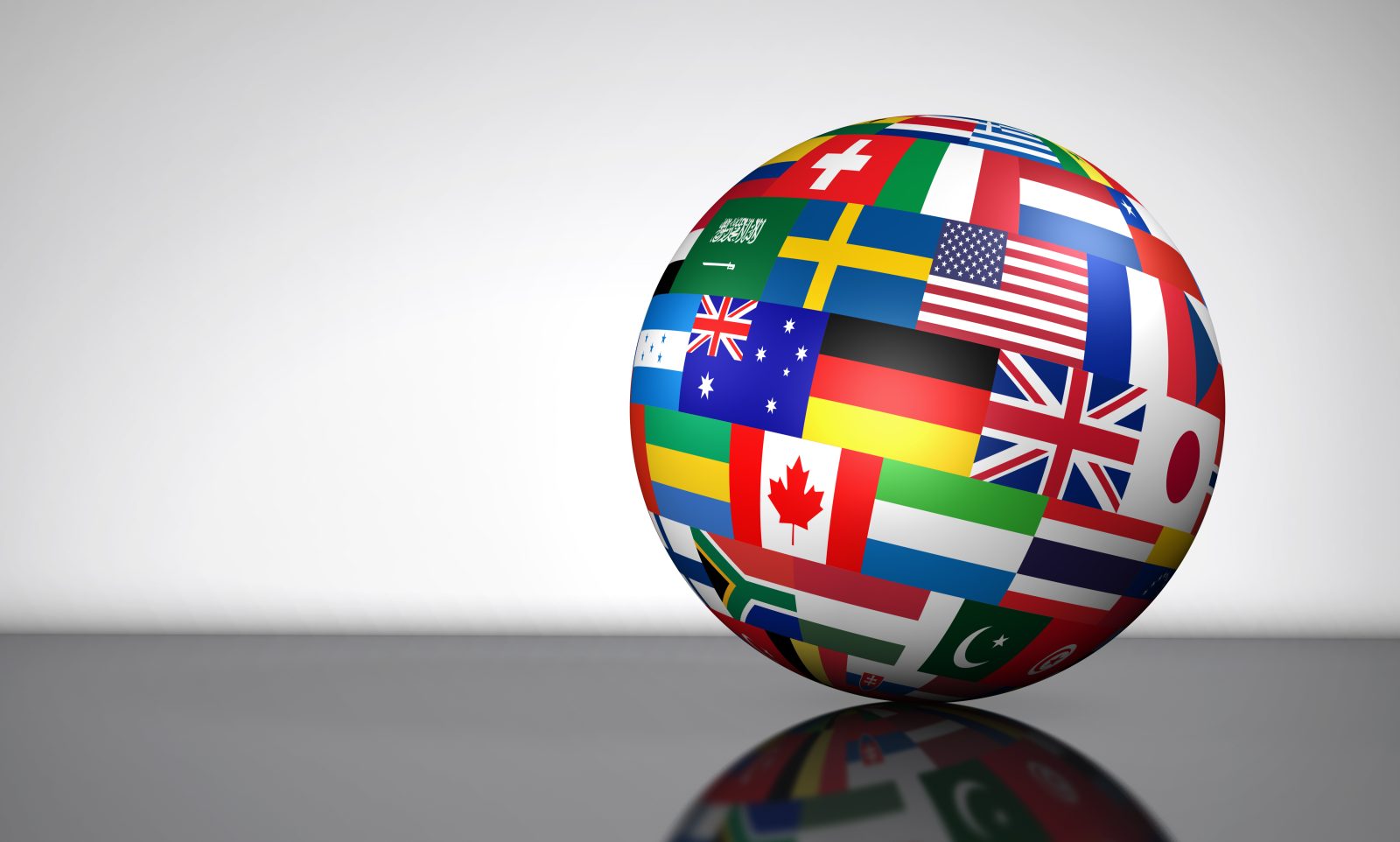
COP28 WORLD CLIMATE ACTION SUMMIT
On 1 and 2 December 2023, 176 world leaders gathered for the World Climate Action Summit (WCAS), signalling a new era of climate action on the road to 2030.
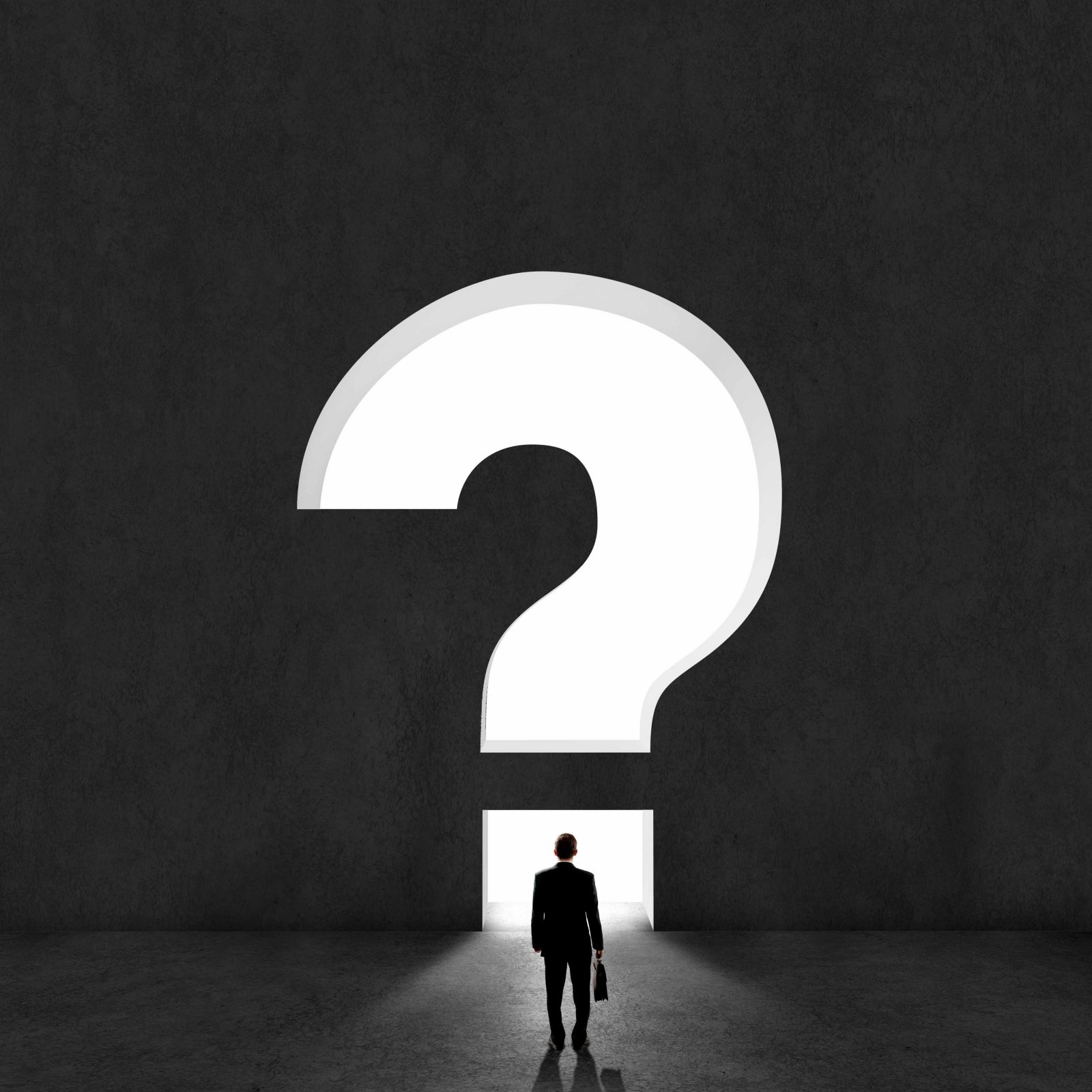
Laudato Si’
The Catholic Church
A Religious Publication
The arrival of Laudato Si’ presents a significant religious publication. It seeks to enter into public dialogue. Its creative content can be contrasted with other publication because of the use of imagery and poetry.
It is a public invitation for change but based on the deployment of imagery for how and why we are to make sense of the environment and our relationship of dependence to it.

How institutions communicate their intentions to the public?
Institutions and Communication
As environmental sustainability gains precedence in the public sphere attention rises on how institutions can collaborate with other public stakeholders for developing reform plans.
A study of ‘communication’ between institutions concerns how claims are made by spokespeople that address peoples’ concerns. Public reforms seek to enhance changes in society with how individuals perceive and react to the growing concern about the environment and its sustainable future.
